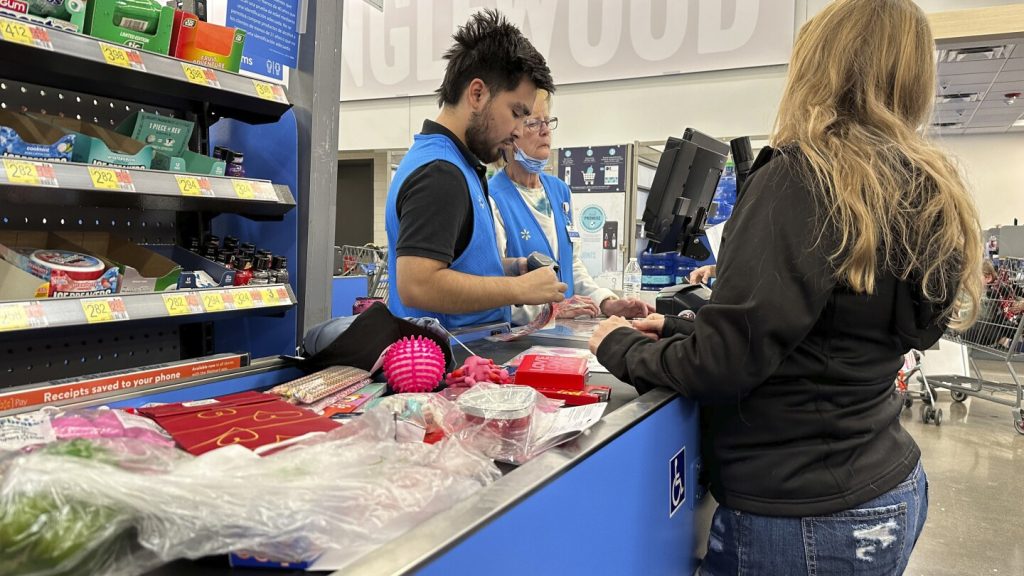In April, Americans unexpectedly paused their spending as inflation continued to sting and elevated interest rates made taking on debt more burdensome, according to data released by the Commerce Department. Retail sales remained unchanged, falling below economists’ expectations, after a revised 0.6% increase in March. Excluding gas prices and auto sales, retail sales experienced a 0.1% decline. Online business suffered a 1.2% drop, likely due to a new sales event at Amazon and the earlier timing of Easter. However, electronics stores saw a 1.5% increase in sales, while home furnishings stores experienced a 0.5% decrease and clothing and accessories stores posted a 1.6% gain.
The government’s report on consumer inflation showed a slight cooling last month after three elevated readings, which may offer a tentative sigh of relief for officials at the Federal Reserve and President Joe Biden’s re-election team. Despite the slowdown in consumer spending, Michael Pearce, deputy chief U.S. economist at Capital Economics, believes the resilience of the economy will allow the Fed to focus on incoming inflation data to guide its rate decisions. He predicts that the Fed may begin gradually easing rates starting in September. The retail sales data only provides a partial look at consumer spending, excluding travel and lodging. However, sales at restaurants, the lone service category tracked, rose 0.2% from March.
Employers pulled back on hiring in April, adding 175,000 jobs, down from the 315,000 hires in March. Inflation remains an ongoing issue, with prices rising 0.3% from March to April. However, year-over-year inflation decreased slightly from 3.5% to 3.4%. Stubbornly high apartment rents have been a contributing factor to persistent inflation, as the worst bout of inflation in four decades continues to impact consumer confidence. U.S. consumer sentiment fell in May to the lowest level in six months, with the leading cause cited as inflation, interest rates, and rising anxiety about unemployment.
Despite the challenges, Americans continue to spend, with online spending rising 7% for the first four months of the year. However, consumers are increasingly looking for bargains, as reflected in the shift towards cheaper personal care goods, electronics, clothing, furniture, and groceries. Arie Kotler, chairman, president, and CEO of Arko Corp., noted that higher gas prices and inflation are causing shoppers to hold back more than a year ago. Heading into the Memorial Day weekend, Arko Corp. has increased discounts and bundle deals for loyalty program members, widening the spending gap between members and non-members. Retailers and restaurant chains have seen a decline in spending, as reflected in recent quarterly financial reports from companies like Home Depot and Starbucks.
To combat slowing sales, retailers like Walmart, Macy’s, and Target are expected to release quarterly data, while companies like Home Depot and Starbucks have already reported declining sales. McDonald’s announced plans to roll out more deals for customers as people are eating out less often in many markets. As the economy continues to navigate the impact of inflation and higher interest rates, companies are adjusting their strategies to meet changing consumer behaviors and spending patterns.


